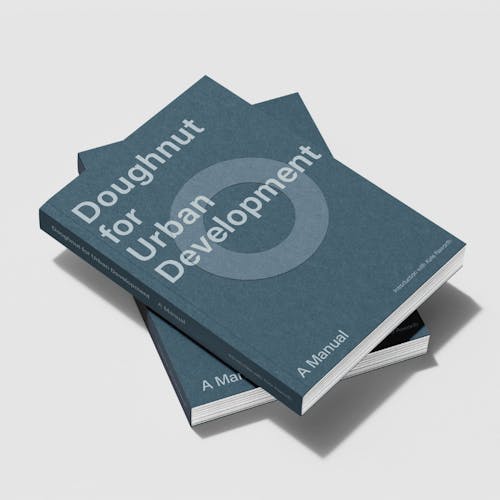Oslo Viking Age Museum
Designing the outdoor exhibition spaces and cultural landscape for Norway's new cultural flagship

Curious for more?
Line Agnes Bjørløw Skjærlund
Head of Business Development, Associate Partner
Location
Oslo, Norway
Size
13,000 m2
Year
2016 — 2025
Client
Statsbygg
Role
Lead landscape architect
Partners & Collaborators
Aart Architects, Hjellnes Consult, Jens Treider and Brekke Strand
Challenges
Typology
Services
SLA has designed the landscape for the Viking Age Museum on Bygdøy – one of Norway’s most visited cultural attractions. The new extension is a natural extension of Arnstein Arneberg’s distinctive building from 1926, which will now be integrated with a rich, varied landscape.
The aim of the new museum park is to create a strong connection between the park and the museum and between history and nature, thereby complementing and adding new dimensions to the understanding of Norway’s rich cultural history and Bygdoy’s unique nature amenities.


The museum expansion is an architectural contribution to the story of the Viking Age’s unique cultural history. The new museum landscape consists of a nature park, an arrival area and an inner courtyard that together create a strong connection between the museum’s interior and exterior, between history and nature. In this way, new educational experiences as well as a beautiful and dignified arrival are added to the already popular museum.
An important focal point for the design is that the museum has many exciting stories to be conveyed outside and inside. Therefore, the museum is connected to the outdoor spaces through an eventful “Communication Trail”. The trail connects historical, natural and cultural landmarks and brings the history together in a continuous story, through the landscape.
When you move through the museum park, you will experience a concentrated version of the landscape you find today on Bygdøy. Special herbs, plants and trees, which have had a special significance in history, are highlighted and communicated in the park. The museum park also forms a flexible framework for a wide range of different activities and events.
The result is a new public excursion destination where the cultural history can be experienced in nature, both for local residents and the museum’s visitors.















